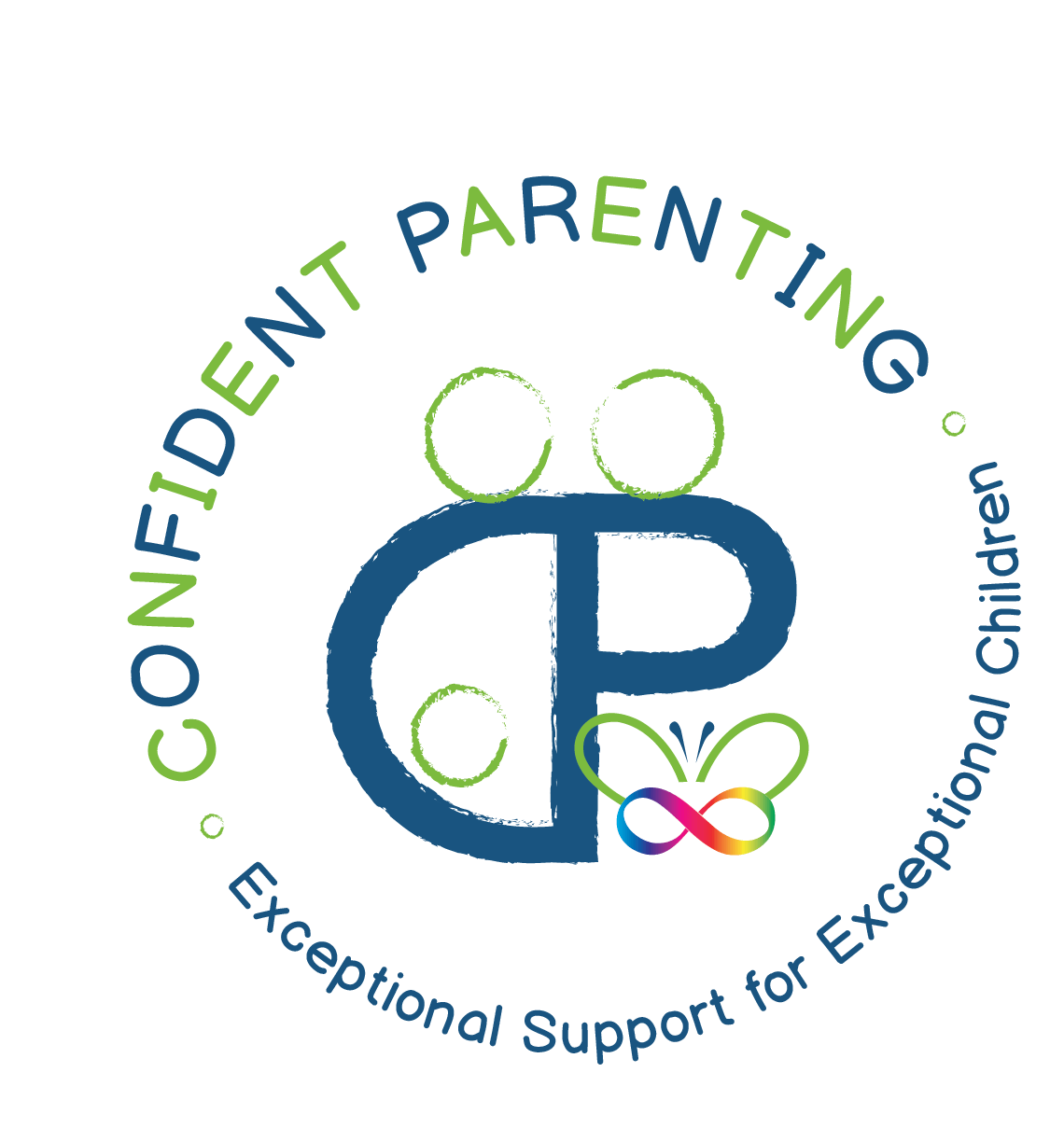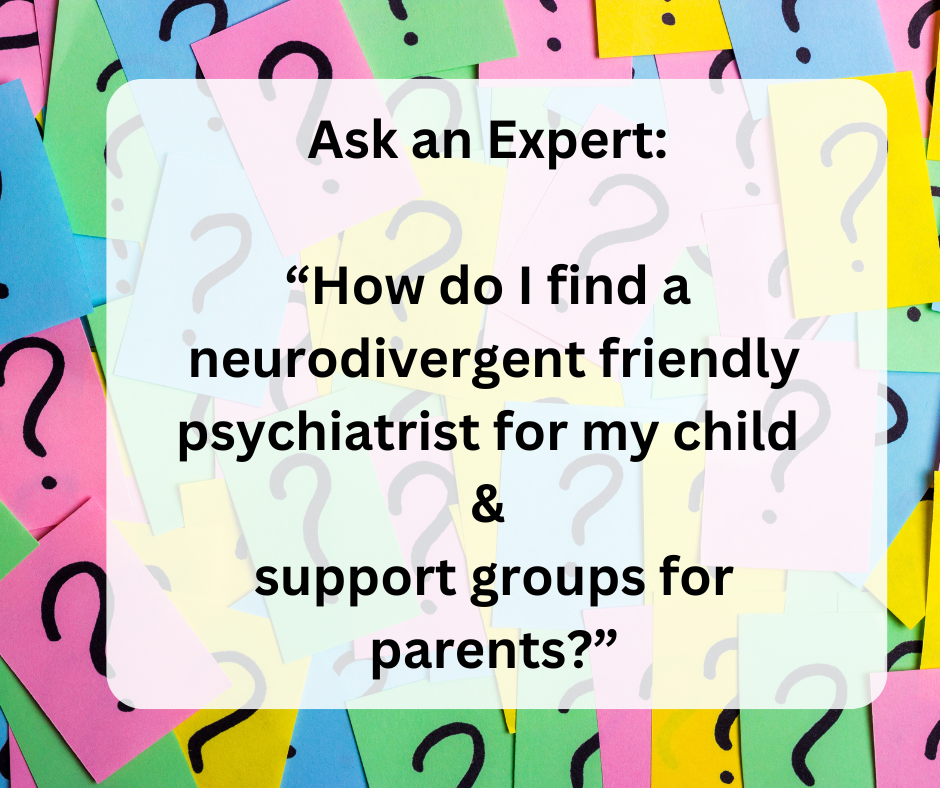Erica Desper, Bernadette Samuels and Amelia Kinsolving are moms supporting moms (and all parents) on the path to better sleep and smoother potty training, since 2010. Confident Parenting was named “Best” and "Family Favorite" resource by the Main Line Parent, Bucks County Parent and Philadelphia Family communities in 2022, their 9th and 10th and 11th accolade from parents! Meet the team here.
5 Tips to Get Sleep Back to School Ready
Erica Desper
Whatever your supply list consists of this year, sleep should be at the top of it.

The back to school season tends to elicit a full array of emotions from parents and children alike. As much as you or they may be in the camp of "I'm not ready to think about it yet!" taking time now to ensuring your kiddo heads into the year well-rested will help them (and you!) survive and thrive.
Learn More About Sleep Support
What Does Ideal Sleep Look Like?
Ideal sleep refers to both quality and quantity. For a school age child that means it is uninterrupted and affords them an age appropriate total of hours
by the time they need to wake each morning. Preschool-age children need 10 to 13 hours while six to thirteen year olds need 9 to 11 hours. In our experience, few children are comfortable on the lower end of those ranges.
For example, if your child needs 11 hours of sleep and wakes on their own or needs to be awake by 7:00 a.m., falling asleep at 9:00 p.m. or later the night before will chip into that total. Much like many small charges on a credit card, those losses will begin to accumulate, leaving your child with a sleep debt. More important than any sleep total chart though is your child's behavior. Are they waking on their own or do you need to wake them? Can they happily make it to bedtime or are they falling apart in the evenings? Do they fall asleep on car rides or during screen time? A well rested child should be able to make it to their next regular sleep period easily.
Why Does Ideal Sleep Matter?
Across all ages, behavioral and learning difficulties are often a symptom of sleeplessness. Research
tells us that sleep loss leads to problems with learning, attention and concentration, hyperactivity, mood, emotional regulation and behavior. Studies also show that lower sleep totals correlate with lower test scores. So, whether your child will be learning at home or a brick & mortar, from you or from a teacher, their sleep should be the first back to school supply you stock up on.
How Can We Get Back on Track?
If summer vibes or ongoing pandemic chaos have caused slipping schedules and shrinking sleep totals, these five tips will help your family get back on track.
1. Start Adjusting their Schedule in Advance
If your child's schedule has slipped later, start shifting them back well in advance of the start of she school year. As early as two weeks before the first day, begin to gradually shift their sleep and wake times earlier.
For example, you might wake your child 10 minutes earlier each morning and then shift bedtime 10 minutes earlier than usual that night. Each day (or every few days if you prefer) repeat the process until your child is waking at the time they need to wake on a school day AND getting the appropriate amount of sleep for their age group. Once you have reached this schedule be sure to stick with it even on the weekends. If daylight or neighborhood sounds are causing an issue at bedtime consider adding blackout curtains and white noise or more of them.
2. Check the Tech
The light emitted from screens interrupts the production of Melatonin, one hormone involved in the delicate dance of bringing on sleep, and tells the brain to wake up. To prevent that disruption, turn screens off at least 1-2 hours before your child's goal sleep time. This is true of every
screen including television, video games, tablets, phones, etc. Blue blocking features may not be as effective as once thought so don't rely on them. If a cutoff isn't possible, use a screen that is as far from your kiddo's face as possible - a phone held close may have more of an impact than a television across the room. For older children with their own devices consider having a rule of charging and leaving devices outside the bedroom to avoid temptation. If it helps, set an audible and/or visual timer
so they have a heads up as to when screen time will end. The Time Tracker Mini
and the Time Timer
are great options.
3. Consider their Diet and Fluid Pattern
A heavy meal too close to bedtime can interfere with your child’s ability to fall asleep and foods high in sugar can cause night waking due to blood sugar fluctuations. Caffeine can also interrupt sleep patterns so limit your child’s caffeine intake in general and avoid caffeine altogether within 6 hours of bedtime. Soda and energy drinks are obvious culprits but remember that chocolate has caffeine too so that after dinner treat could be an issue too. Drinking a lot of fluids close to bedtime can lead to overnight bathroom trips so push fluids throughout the day and taper down to a cutoff in the evening . Keep blood sugar stable by pairing a complex carbohydrate with a protein (think whole grain toast with peanut butter) for an evening snack.
4. Create or Revisit a Wind-Down Routine
If a predictable bedtime routine has fallen by the wayside, now is the perfect time to reintroduce one. The sleep routine should take place in the room your child sleeps in and should include activities that help the brain and body to wind down such as reading or being read to, talking about their day or listening to calming music. Kids who have trouble turning their brains "off" at the end of day may benefit from guided meditation bedtime stories for kids or, for teens, a sleep podcast. My son loved Lori Lite's Goodnight Caterpillar track when he was younger and is a huge fan of the Sleep With Me
podcast now, as a tween. The Moshi app
is also a very popular option. Be sure their environment is conducive to settling down. A room that is too stimulating or too warm can contribute to restlessness. Magnesium plays an important role in smooth sleep so consider incorporating a magnesium based lotion into the bedtime routine, like 8Sheep Organics Junior Bedtime Lotion.
5. Offer a Compromise to Keep Habits on Track
If your child is anxious about what this school year will bring, this will likely manifest at bedtime or overnight. It is okay to validate those feelings (we're anxious too, kid!) while still maintaining healthy sleep habits. Avoid introducing any you won't want to do in the long term, such as letting them crash in your bed, in favor of a compromise, like returning to check on them often so long as they lay in bed quietly.
We can never know exactly what a new school year will bring but we do know that heading into it well rested will help your family cope. If the above tips aren't enough to get sleep on track, our sleep team is here to help!
**As an Amazon Affiliate I earn on qualifying purchases.**


By Pat Bergemier
•
March 5, 2025
6 Common Special Needs Planning Missteps & How to Avoid Them Guest Post by Pat Bergmaier, CFP®, ChSNC® Over the years, I’ve met many well-meaning, loving parents who mistakenly assume they’re “all set” when it comes to handling the unique financial needs of their child with special needs, only to find out later that they’ve missed a key step. It’s understandable, but these situations can often be avoided with some proper planning help. Here are some frequent planning missteps to be aware of that could impact the financial future of your child or family member with special needs.

By Erica Desper
•
November 13, 2024
Where Can I Have My Child Evaluated for Autism, ADHD & Giftedness? If you have concerns about your child's development or learning, then you likely already know that many local providers have waitlists as long as 18-24 months for evaluations. As a parent who was once putting my child's name on those lists, I grew frustrated and made it my mission to collect parent recommended resources with minimal waitlists who can help families get answers as early as possible. Here are many excellent options to consider.
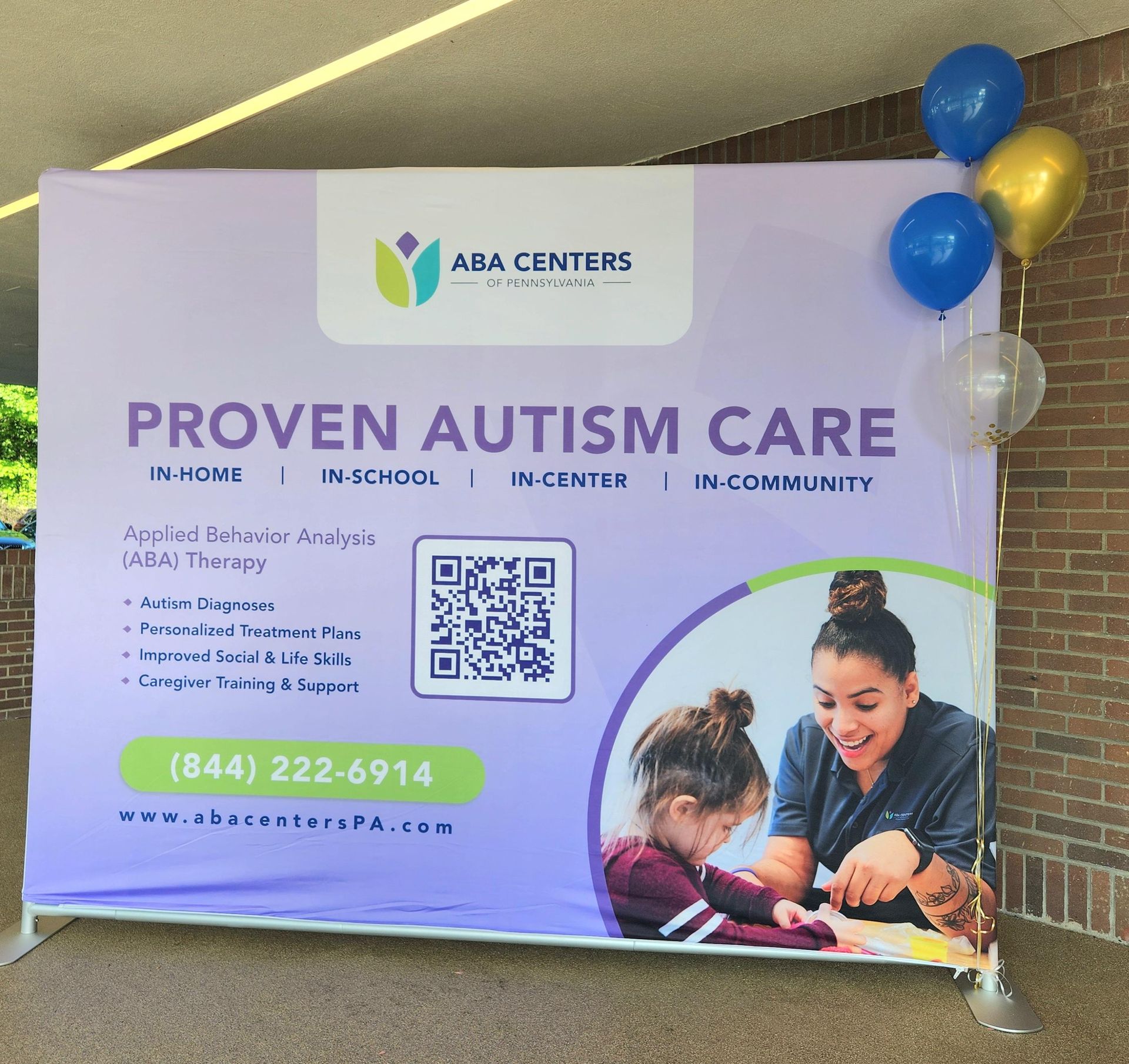
By Erica Desper
•
July 16, 2024
Join me in welcoming ABA Centers of Pennsylvania to Bala Cynwyd and Wayne/King of Prussia. They are smashing lengthy local waitlists for autism diagnosis and care, getting children 2-17 years in within 47 days of their initial contact and they work with most major insurances.
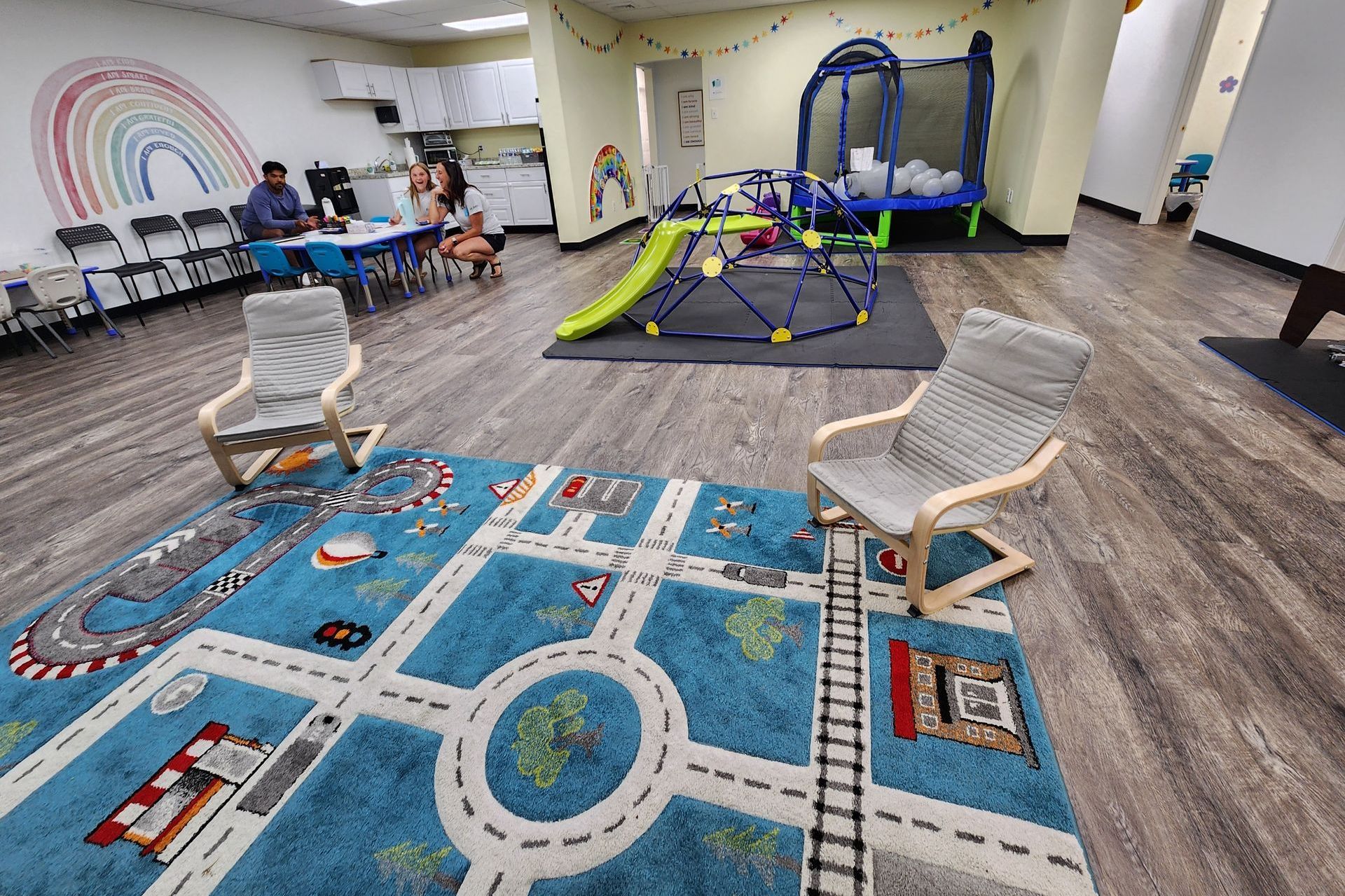
By Erica Desper
•
June 3, 2024
Beyond Autism Opens their 3rd Location in Havertown Pa! Beyond Autism is a collaborative center that provides individualized ABA, Speech and Occupational Therapy for children and adolescents diagnosed on the Autism Spectrum. They partner with families living with autism to build a strong foundation for their children in early childhood and beyond and passionately believe that their team inspires and supports change through evidence-based teaching methods and practices. Their newest location recently opened in Havertown and they continue to offer services out of their West Chester and Media locations. Applied Behavior Analysis (ABA) is a scientific, data based field that has utilized principles of learning and behavior for over 30 years to teach children with Autism enhanced social behaviors like self-care, play, motor skills, language, academic, self-help and other living skills. Their typical timeframe to begin services ranges from 2-4 weeks and, best of all, Beyond accepts all major commercial insurances. While they are not a Medicaid provider, they do offer a hardship program for those in need of financial assistance. Beyond offers a variety of service areas which include but are not limited to: Autism Spectrum Disorder Childhood Apraxia of Speech Early Intervention of Speech/Language Delay Expressive and Receptive Language Disorders Fluency/Stuttering Disorders Artic Phonological Disorders Social Skills/Pragmatic Language Deficits Learning Disabilities Augmentative and Alternative Communication (AAC) Feeding and swallowing Their occupational therapy program focuses on providing skilled based services in the following areas: Activities of daily living (i.e dressing, feeding, toileting & tooth brushing) Sensory processing Fine and gross motor skills Self-regulation and social skills Visual motor & perception skills Play and leisure skills Learn more and contact them at the link below and welcome Beyond Autism to the neighborhood!

By Erin Brown, M.Ed, CRC
•
April 18, 2024
Do you have a child who is exploring potential careers and wishes to do more research? Here are my top 3 websites to explore job goals! O*Net Online O*Net Online is a fabulous website that you could spend hours on. Do you have a specific job that you are interested in researching? You can search for it specifically and you can see all of the job duties associated, the education required, salary information, as well as other jobs that are related to that position. You can also explore jobs based on a specific skill set, by professional associations, job duties, etc. The website also designates which jobs are “bright outcomes”, meaning that the industry is growing and therefore jobs will most likely be available in your field. The website also includes a free interest profile which is helpful in narrowing options. Overall, I could spend hours doing research on O*Net! It is my favorite website by far! Pennsylvania’s Center for Workforce Information & Analysis This website provides labor statistics based on information gathered from the state of Pennsylvania and breaks it down by counties. My favorite statistic to explore is the “Top 50 New Hires”. This is updated every quarter, so it has the most up to date information. This list shows the top 50 employers in each county who have hired workers. This list can be beneficial to explore what type of industries are prevalent in the area that you live in or wish to live in, as well to give ideas of employers to explore for potential jobs. You can find an employer and then search their site for the types of jobs that they are hiring for. The information is extremely interesting, especially when comparing different counties. Occupational Outlook Handbook This website is similar to O*Net Online because it also allows you to explore different job goals in a variety of ways including by pay, educational level, projected new jobs, and projected growth rate. This website is developed using the US Bureau of Labor Statistics. There is a video on the home page which gives you information on how to best use the site. It is another great option for you and your child to explore different job goals. The Pennsylvania Office of Vocational Rehabilitation, or OVR, provides vocational rehabilitation services to help persons with disabilities prepare for, obtain or maintain employment.
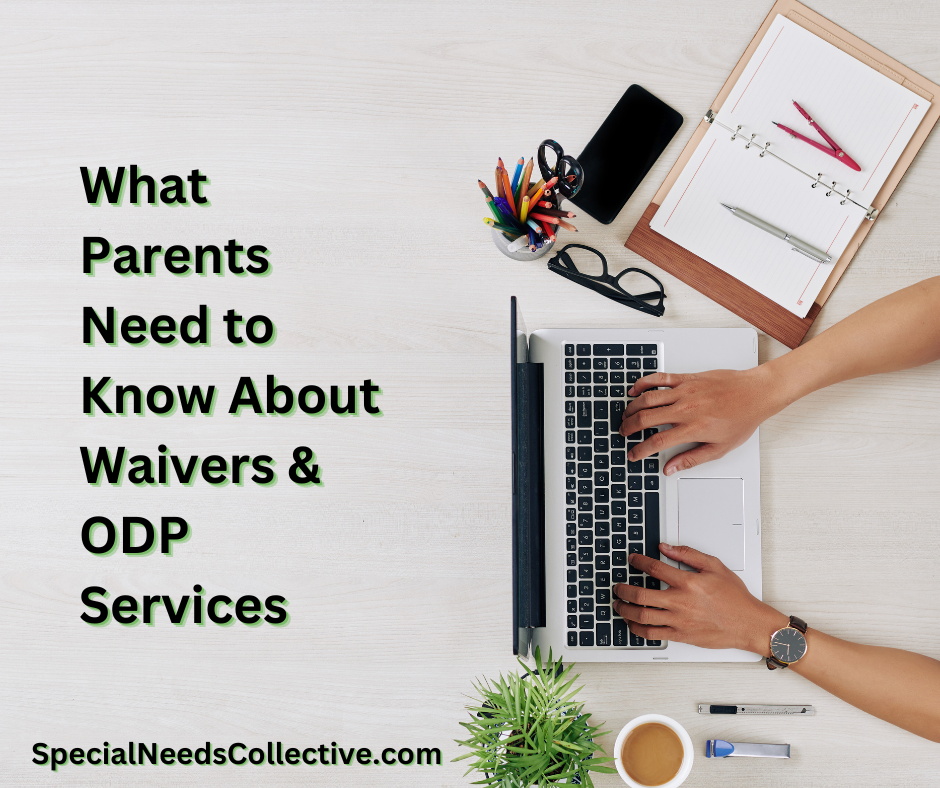
By Erin Brown, M.Ed, CRC
•
April 18, 2024
If you are a parent of a child with an intellectual disability or autism, it can be overwhelming knowing which agencies you need to connect with to support your child. One of the first agencies that you should explore is the Office of Developmental Programs (ODP). Pennsylvania’s Office of Developmental Programs has a mission to assist Pennsylvanians with developmental disabilities to achieve greater independence, choice, and opportunity in their lives. Services include (but are not limited to) assistive technology, benefits counseling, community support, therapies, transportation, employment support, educational support, respite care, housing, etc. The services provided are tailored to the needs of your child. You must contact your county ODP office and schedule a time to speak with the intake person who will gather your information. ODP provides services through Administrative Entities. An administrative entity is an agency that can oversee ODP services. As a parent, you will have a choice of which Administrative Entity you would like to work with. It is encouraged to reach out to speak to the different Administrative Entities available to determine which one is the best fit for your family. I also encourage you to discuss with other members of your community who may have worked with them in the past. Once assigned to an administrative entity, you will be assigned to a Supports Coordinator who will be your main point person as you navigate services. It is important that this person is kept in the loop and informed of any important changes. Services are funded through something called a “waiver”. Some waivers are available at birth, therefore there is no need to wait to enroll for ODP. There are different waivers available and although several of them overlap in the types of services they provide, they may differ in the amount of funds that can be spent on a yearly basis. This can impact the number of services your child can access and at times, you may have to prioritize what is most important for them to have. Your supports coordinator will let you know which waiver you are eligible for and will help develop a plan, an Individualized Service Plan, which will outline the services provided. The ISP is updated on an annual basis. I have had discussions with families in the past who have been hesitant to enroll with ODP because they had misconceptions of the services that they provide. They believed that the services were just for individuals with significant cognitive disabilities and that their child would not be eligible. Some families I have worked with didn’t realize that individuals with autism were eligible for ODP as well. In reality, ODP provides funding for an extensive amount of services. If your child is going to need supported employment services, ODP will work hand in hand with the Office of Vocational Rehabilitation to provide the on-going on-site support. ODP funds have also been used to pay for the tuition for autism programs through universities. I have also seen ODP funds be used to fund Uber rides to and from employment. Your supports coordinator will be the one to assist you in determining how funds are used. Why is it important to enroll now versus waiting? For some waivers, it may be first come first served and may require for you to join a wait list. The number so individuals accessing these services continues to grow and there are limits to the funding available. In addition, it is important to have the supports coordinator involved early so that they can assist with the transition out of high school. In addition, to be eligible, you must provide documentation and complete an application. This process can take time, so you do not want to wait to get started. For more information about ODP, please visit ODP’s website which features The Gold Book , which explains services and waivers in digestible way.

By Erin Brown, M.Ed, CRC
•
April 15, 2024
Whether your teen or young adult is moving toward post secondary education or employment, Certified Vocational Rehabilitation Counselor Erin Brown has tips for a smoother transition... In PA, planning for the transition from high school to employment and/or post-secondary education begins at age 14, however, it's never too late to start! Here are things to keep in mind when planning and implementing a transition plan. Talk About Employment Early Students are typically only exposed to jobs they interact with so you'll want to widen their exposure as well as discuss their interests and hobbies and how those might intersect with potential employment opportunities. Learn what positions are available within a field of interest and what educational levels are required for those fields and positions. In order to obtain services from the Office of Vocational Rehabilitation , the student must have one specific job goal that they are working towards in order to determine what services they will receive. Know Agency Timelines There are many programs and agencies to support your student at any age but they have varying, and often inflexible, timelines. Learning what is available to and creating a timeline for when to start the process with each agency will help you avoid missing needed support. Practice Advocacy Now A crucial skill for your student to develop for both employment and postsecondary education is the ability to speak about their disability and support needs. Involving them in IEP meetings can afford them practice and confidence in this area which they can utilize down the road in speaking with professors, employers and more. Practice Soft Skills Soft skills are the skills your student will need to be successful with any job or education program. These include hygiene, dressing appropriately, professional communication, comfort in interviews, taking feedback , learning to wake up independently and on time and much more. All the things your teen, especially if they are neurodivergent, likely struggles with! Find Employment Opportunities Employment opportunities allow your student to experience the work setting first-hand and to learn what they do and do not like regarding tasks, setting and and which skill areas need improvement. Often learning what they don't like is even more valuable than learning what they do like. Any type of paid or unpaid work experience will be a valuable experience in determining those things. Who Can Help A transition counselor or consultant can work with you and your student when planning for and embarking on transition services by: * Discussing employment goals * Reviewing current services received by school district/agencies * Reviewing available agencies client should be connected to * Reviewing potential programs/services client may be interested in * Discussing tangible goals and plans, both in the short term and plans for future years dependent on where they are in the transition/employment process * Working with your child to come up with a schedule that will look at not only their upcoming assignments and tests but will also help prioritize what they need to be working on and introduce organizational techniques that they can use independently in future semesters or years

By Sarah Peritz, Center for CBT
•
February 9, 2024
Wondering if your child's behaviors are typical or a sign of something more? Our friends at the Center for Cognitive Behavioral Therapy can help!... Autism Spectrum Disorder (ASD) is a neurodevelopmental disorder that is marked by difficulties with social communication/interaction, as well as restricted or repetitive behaviors or interests. Kids with ASD can begin showing signs as early as 12 months of age, but it’s typically recommended that families wait until 18-24 months to get formal testing. By age 2, a diagnosis by an experienced ASD evaluation expert can be considered reliable. Depending on a child’s developmental milestones, the specific symptoms they may be showing, and where they lie on the ASD spectrum, ASD can easily be misdiagnosed or go unnoticed. Due to missed signs and behaviors, it is important for parents and caregivers to understand what some potential signs and symptoms of ASD may be. In younger children, signs of ASD include: *Avoiding eye contact *Disengagement with games or playing with peers *Lack of pretend play *Toileting troubles *Sensory sensitivity (i.e., touch, smell, noise) *Tantrums that occur more often and last longer than peers In older children, signs of ASD include: *Difficulty engaging with the back and forth flow of conversations *Difficulty with perspective-taking (i.e., seeing another’s point of view, understanding how another is feeling) *Tendency to discuss a specific topic for an overly extended period of time *Struggles with interpreting nonverbal language of others such as body movements, facial expressions, nonverbal cues *Repetitive movements or behaviors such as flapping one’s hands (often called stimming) *Rigidity regarding routines If your child is displaying these characteristics, give your pediatrician a call and ask for a screening to determine whether a more extensive ASD evaluation would be indicated. If not, feel free to give us a call (267-551-1984) and we can help you figure out whether you should pursue a full assessment for ASD. One thing to note is that the earlier you get a proper diagnosis and treatment, the better the outcomes for your child will be. Proper Autism testing should be comprehensive and include multiple sources of information (including the Autism Diagnostic Observation Schedule, which is the hallmark component of the gold-standard Autism assessment battery). The Autism evaluation experts at the Center for CBT offer extremely comprehensive, accurate Autism evaluations that include detailed treatment plan recommendations and next steps for your child. You can read more about our ASD evaluations at the Center for CBT here or give us a call for a consultation directly with an Autism evaluation specialist at 267-551-1984.
Search
Clear Filters
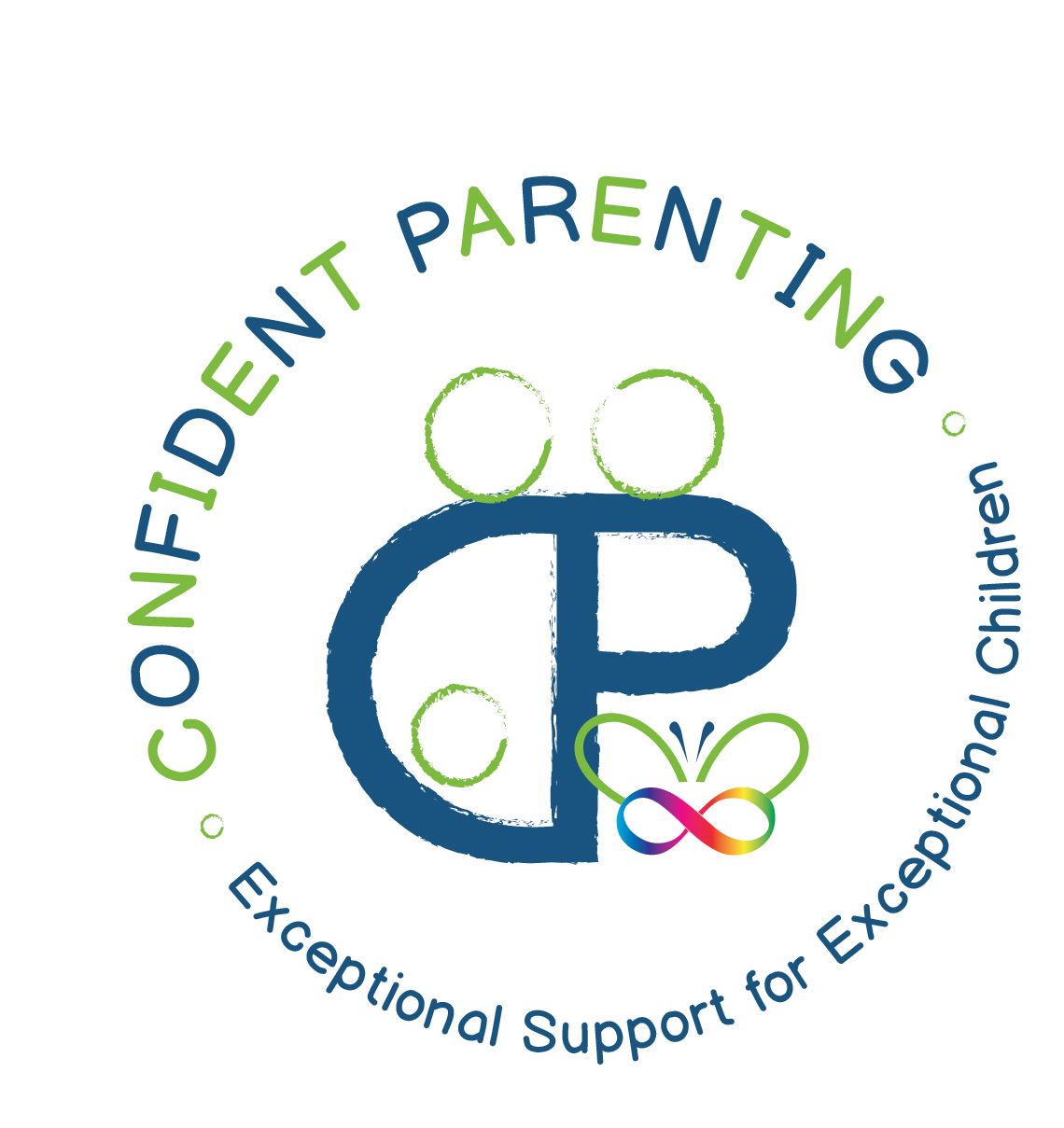
Useful links
Join Our Newsletter
Join the Newsletter
Thank you for subscribing. You'll get your first newsletter soon.
Oops, there was an error with your submission.
Please try again later.
